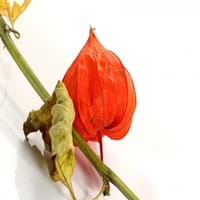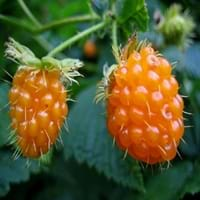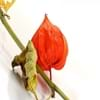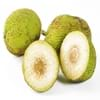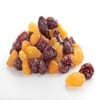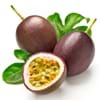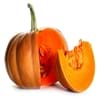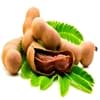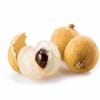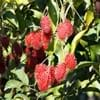Health Benefits
Anti-oxidant properties, Anti-inflammatory properties, Cancer prevention, Maintains healthy cholesterol level, Reduces blood circulation problems, Treatment of cough, fever & sore throat, Treatment of Hypertension
Cancer prevention, Improves stomach health, Weight loss properties
General Benefits
Treatment of asthma, Treatment of cataract, Treatment of hepatitis, Treatment of macular degeneration, Treatment of neurodegenerative diseases
Anti oxidant properties, Digestive aid, Eye care, Healing of wounds, Improves eye vision, Maintains healthy cholesterol level, Strengthens bones
Skin Benefits
Treatment of Rheumatism & Dermatitis, Treatment of Skin Inflammation
Anti-aging benefits, Reduces wrinkles
Hair Benefits
Unknown
Protects hair, Regulates hair growth
Allergy Symptoms
NA
Abdominal pains, Itching, Swelling of mouth, tongue or lips
Side Effects
Hypertension, Ventricular Tachycardia
Allergic reaction
Best Time to Eat
As a snack in the late afternoon, Eat the fresh ones, avoid mixing with any other foods, don't eat after meal., Morning time (before lunch), Strictly avoid empty stomach
Best if taken as a breakfast (or empty stomach), As a snack in the late afternoon, Don't eat after meal, Morning time (before lunch)
Vitamin B5 (Pantothenic Acid)
Not Available
Vitamin B6 (Pyridoxin)
Not Available
Vitamin B9 (Folic acid)
Not Available
Vitamin C (Ascorbic Acid)
Vitamin K (Phyllochinone)
Not Available
Water Content
Not Available
Calories in Fresh Fruit with Peel
Calories in Fresh Fruit without Peel
Not Available
Not Available
Calories in Frozen Form
Not Available
Not Available
Calories in Dried Form
Not Available
Not Available
Calories in Canned Form
Not Available
Not Available
Type
Fruit vegetable
Berry
Season
Spring, Summer
All seasons
Varieties
Physalis franchetii, Physalis pruinosa, Physalis peruviana, Physalis heterophylla and Physalis philadelphica
Golden ruby and Olympic Double
Color
Bright Yellow, Orange
Pink, Pink red, Salmon, Salmon yellow
Origin
Chile, Peru
North America
Climatic Conditions
NA
Moist
Facts about
NA
- The name salmon berry is due of the resemblance with 'salmon roe'.
- In 1 kg of fruit, there are total 315,250 seeds.
- Salmon berry tree leaves act as an excellent replacement for tea.
Cocktails
Yes
Not Available
Top Producer
NA
United States of America
Other Countries
NA
Canada, Mexico
Top Importer
Netherlands
Not Available
Top Exporter
Colombia
Not Available
Botanical Name
Physalis Peruviana
Rubus spectabilis
Synonym
Alkekengi, Herschellia & Pentaphitrum
Not Available
Subkingdom
Tracheobionta
Tracheobionta
Division
Magnoliophyta
Magnoliophyta
Class
Magnoliopsida
Magnoliopsida
Subclass
Asteridae
Rosidae
Family
Solanaceae
Rosaceae
Species
Physalis
R. spectabilis
Generic Group
Not Available
Not Available
Difference Between Physalis and Salmonberry
We might think that Physalis and Salmonberry are similar with respect to nutritional value and health benefits. But the nutrient content of both fruits is different. Physalis and Salmonberry Facts such as their taste, shape, color, and size are also distinct. The difference between Physalis and Salmonberry is explained here.
The amount of calories in 100 gm of fresh Physalis and Salmonberry with peel is 77.00 kcal and 47.00 kcal and the amount of calories without peel is Not Available and Not Available respectively. Thus, Physalis and Salmonberry belong to High Calorie Fruits and Low Calorie Fruits category.These fruits might or might not differ with respect to their scientific classification. The order of Physalis and Salmonberry is Solanales and Rosales respectively. Physalis belongs to Solanaceae family and Salmonberry belongs to Rosaceae family. Physalis belongs to Physalis genus of Physalis species and Salmonberry belongs to Rubus genus of R. spectabilis species. Beings plants, both fruits belong to Plantae Kingdom.
